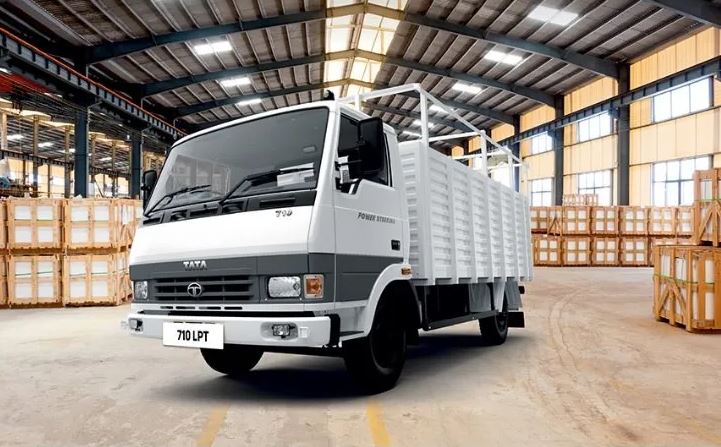Whether you choose a heavy-duty full-size vehicle or a midsize pickup, the diesel engine will cost you more money. So, are diesel trucks preferable to gas ones? Are they worth the additional cost? These pointers by one of the Tata Motors dealers in Gurugram are a must to think about before switching to diesel are listed below.
Even though the torque of a diesel engine is fantastic and essential for pulling loads, daily driving tends to make these feel a little sluggish. Test drive a few different models to decide which truck and engine combination is best for you, while some may be more responsive than others.
Diesel vs. Gas
Make sure you actually need a diesel engine before deciding to pay the significant price for one. Don’t just want one. It makes sense to choose a diesel if you plan to drive long distances and haul heavy loads. On the other hand, a gas alternative can be preferable if your everyday journeys are brief and you only tow rarely.
Maintenance
Although there are numerous benefits to diesel engines, maintenance expenses are not one of them. Compared to gas engines, diesel engines have more elaborate and expensive intake and exhaust systems.
Resale Values
The expensive powertrain up front is one drawback of diesel tata truck. However, you may relax knowing that when you sell the truck, at least some of your investment will be returned. Heavy-duty diesel trucks or buses—their residual value is better maintained. Customers are prepared to pay for that more power and towing capacity because they value it so highly.
Loading capacity
Particularly in the heavy-duty market, there is a significant capability increase when switching from a gas engine to a diesel engine truck. What a significant difference. Additionally, the figures are consistently higher for heavy-duty pickups from all manufacturers. Heavy loads can typically be handled by light-duty diesel trucks as well, although the capability gaps are much less.
Durability
No, systems for supplying fuel to engines and cleaning diesel emissions come at an extra cost. Because it must withstand higher pressures and inject gasoline with greater accuracy, fuel injection incurs additional costs. And each of them comes equipped with at least one turbocharger, which can increase the price of a diesel.
However, complex emissions controls that minimise both nitrogen oxide (NOx) and particulate matter (soot) can significantly raise the cost of these engines. In addition to the catalytic converter seen in gas-powered vehicles, this calls for other parts.
Costing
Any heavy-duty full-size pickup truck’s price will increase by several thousand dollars if the diesel option box is checked. Yes, that sum frequently also includes an improved automatic transmission, but even so, that’s a sizable sum for an engine choice.
A diesel truck engine’s production process necessitates more expensive parts. The more expensive-to-build components described previously are stronger, added further by one of the best Tata Motors Bus Dealers in Ambala.
Engine Life
Take into account all the industries that this nation relies on to get the job done. Today’s semi-trucks are all diesel-powered. Additionally, the props on cargo ships are often driven by a pair (or more) of enormous diesel engines. Almost all of the vehicles used on construction sites have diesel engines. They are commonplace in settings where work must be completed consistently, every day.
How Does a Diesel Work?
Technically speaking, a compression ignition engine is what a diesel is. Diesel engines employ high compression to ignite the mixture spontaneously, as opposed to typical gasoline engines, which rely on a spark from a spark plug.


























